Journal #3: Deleted Scenes From a Personal Essay
Friday 19 June
Illustration: Daphne Zheng
I look over the sections I’ve omitted from my essay, titled Call Me By Your Age. These are some of the pieces left flayed on the cutting room floor. The deleted scenes hidden in the often forgotten special features. Alongside the unwanted pieces of writing are two panels of illustrations also deemed unnecessary for the final product. What can omissions tell us?
Gay guys my age when I was first coming to terms with my sexuality seemed invisible. And the ones I did know of, seemed as sexually confused as I was. If you’re crippled with shyness, insecurity and self-esteem issues, the last person you want to fuck is someone just like yourself.
The act of essay writing is a performative confession. To curate an image of one self not unlike making a Facebook post. The personal essay has the pretense of literature, but is it really any more artistic than the tweet? All writing is a grab for attention. Some forms of writing just do a better job of hiding this fact. I wonder what ways I’ve censored and edited myself, curating myself for collective consumption.
As a gay asian male with highly neurtoic tendencies, I am perhaps too cautious and hyperaware of all the potential traps in different relationship dynamics. My ears and eyes are highly accustomed bullshit detectors, or so I like to tell myself. But it might more likely be a broken compass, jaded and worn down from overuse.
The original, unedited manuscript of Raymond Carver’s famous short story collection What We Talk About When We Talk About Love was released under the title Beginners. It reveals a vastly different sensibility, one developed through the scrutinising eye of his editor Gordon Lish, who cut more than 50 percent of What We Talk About before publication. The writer and editor as collaborator is too often unacknowledged. Strictly speaking I had no editor, but my dramaturg Jane Yonge was privy to my process and gave me notes on my essays, directly shaping the way they were formed. The director, dramaturg and cast are explicit collaborators in the staging a play. Theatre is often a transparent process of collaboration. Prose, on the other hand, has the pretense of complete isolation.
A strange reminder of my lack of sexual value. Being a gay asian male in western society is still considered low value in terms of standards of desire. Is there a commonality between the two demographics in feeling like an outsider in a community you supposedly belong to? No doubt. The young crave sexual empowerment and social acceptance. It’s the one thing they feel they can control. Agency is so fleeting. Does the older suitor provide a gateway or shortcut to these things?
Why don’t we see deleted scenes in theatre more often? I suppose the answer is obvious: we are taught so often to cut the fat. But the thought still stands. The act of writing is the act of editing - taking away - removing - deleting. What if we didn’t edit? Without editing, what you’re left with is everything. Life. I’m reminded of Aldred Hitchcock’s remark that “drama is life with the dull bits cut out.”
Another admission: when I see a younger gay asian man with an older white man - actually, when I see a younger asian woman with an older white man this also applies - my alarm bells are sent into overdrive. And I’ll admit, that’s mostly projecting on my part. But I know. I know the deep need for affirmation and guidance. I know the sense of displacement one might feel, culturally unmoored from one’s fixtures. And I know how easy those insecurities and anxieties can be twisted into something easily exploited.
Illustration: Daphne Zheng
Editing is a form of avoidance. The deleting of the personal. To avoid embarrassing and exposing oneself too much. Like scanning through photos and airbrushing out acne or baggy eyes. Writing can render the writer too naked. Art attempts to change our way of seeing something. I want to be seen as a cool, intellectual observer of my own suffering. These deleted scenes contradict this suffering. These deleted scenes show what I am not ready to talk about. They speak to an emotional vulnerability I resent.
Sex is more permissable for me than love between those with age gaps. Why? Sex is tangible. Love isn’t. The problem is when you live in a culture that teaches you to be suspicious of what love is.
Does the act of including deleted scenes separately make it easier to delete those scenes? I think it does. It seems cruel to lose a piece of writing forever. To leave it unpublished. Killing your darlings isn’t so scary when those darlings get to be commemorated elsewhere. When I get to hold a public service announcement for them. When I get to say, but wait there’s more!
Should a good piece of art allude to all the pieces that were deleted in the process or should it feel complete and unimaginable in any other form? Do we look at the Mona Lisa and picture phantom strokes? Do readers attempt to imagine missing pages of Moby Dick? In the deleted scenes of my essay, I can see clearly a boy hiding behind the words of a man.


